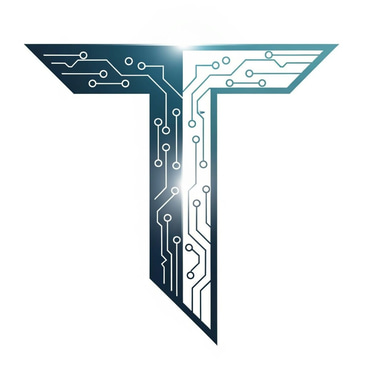About tr.a.g.i.c.
Empowering businesses through AI-powered SaaS solutions for digital transformation and enhanced efficiency.




Turkey’s Artificial Intelligence Legal Landscape
Turkey’s Artificial Intelligence Legal Landscape
Turkey is entering a pivotal stage in its development of artificial intelligence (AI) law. According to Hanyaloglu & Bilir 2025 analysis, “Turkiye's Artificial Intelligence Law Standarts" , the country is transitioning from strategy to legislation, aligning with international standards while responding to its own institutional needs.
1. Background: From Strategy to Regulation
Since 2021, Turkey’s National AI Strategy (2021–2025) has served as the policy foundation for AI governance. It aims to integrate AI into public administration, health, justice, and education while maintaining ethical and legal oversight. The next step—outlined in the 2025 Annual Presidential Program—is the preparation of a dedicated AI Law, with the Ministry of Justice leading coordination through a Scientific AI Law Commission.
2. Rationale and Challenges
Ergül identifies both the necessity and complexity of regulating AI:
Necessity: Protecting fundamental rights, ensuring data protection, preventing algorithmic discrimination, and establishing accountability mechanisms.
Challenges: Balancing innovation with legal safeguards; integrating fragmented existing frameworks (like the Personal Data Protection Law and consumer protection laws); ensuring cross-sector consistency.
3. Comparative and International Context
Turkey’s AI regulation process draws heavily on:
European Union AI Act – particularly its risk-based approach to classification, transparency, and oversight.
Council of Europe’s Framework Convention on AI, Human Rights, and Democracy (2024) – emphasizing ethical use, rule of law, and human oversight.
OECD and UNESCO guidelines – for global interoperability and human-centric governance.
Also notes that Turkey’s legal design will likely hybridize EU compliance with domestic constitutional principles, reflecting both international harmonization and sovereign legal autonomy.
4. Institutional Developments in Turkey
Several official bodies are central to this evolution:
TBMM (Grand National Assembly) AI Research Commission – Parliamentary body examining ethical and legal frameworks.
Adalet Bakanlığı (Ministry of Justice) AI Science Commission – Preparing technical and doctrinal bases for legislation.
Yargı Reformu Stratejisi (2025–2029) – Embedding AI into judicial processes under principles of transparency, fairness, and access to justice.
5. Key Legal Principles for the Forthcoming AI Law
Our analysis proposes that the Turkish AI law should embed:
Human oversight and right to explanation in automated decisions.
Algorithmic transparency and auditability.
Ethical AI rooted in national values and the rule of law.
Data sovereignty aligned with national security and privacy protection.
Public-private cooperation in innovation and compliance mechanisms.
6. Outlook
By 2025, Turkey is expected to finalize its first comprehensive AI Law, bridging global standards and domestic needs. The approach signals a proactive regulatory vision—not merely reactive alignment with Europe but a context-sensitive framework emphasizing justice, ethics, and digital sovereignty.
In summary:
Turkey’s AI legal development represents a strategic convergence of European legal harmonization, national digital transformation, and constitutional protection of human rights. It aims to position Turkey not as a passive rule-taker but as an active contributor to global AI governance.
Agile Innovation
Showcasing our AI-powered solutions for digital transformation.












Solutions
Empowering businesses through AI-driven transformation.
Innovation
Efficiency
lexis@lexis.com.tr
+902122782695
© 2025. All rights reserved. Tragic is a trademark of Lexis Medicolegal
